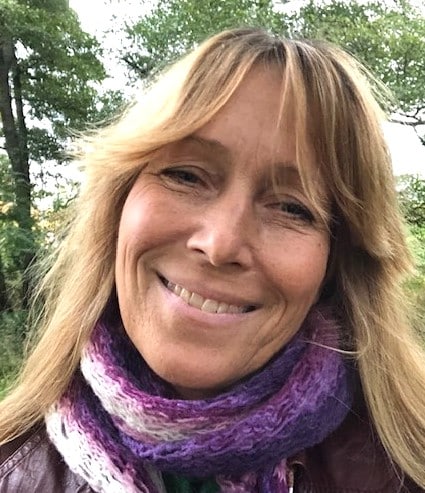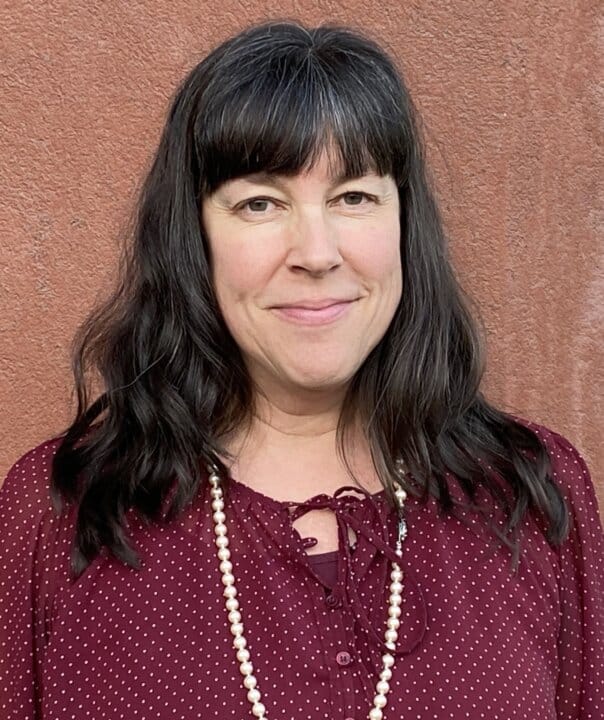Forskning och utveckling kategorier
Bättre kunskaper om hur hjärnan hanterar antal kan ge bättre matematikundervisning
Mikael Skagenholt har i sin avhandling från Linköpings universitet bland annat undersökt hur hjärnan bearbetar olika numeriska representationer och vilka effekterna är av biologisk och kognitiv mognad på den numeriska bearbetningsförmågan. (s. 14)


